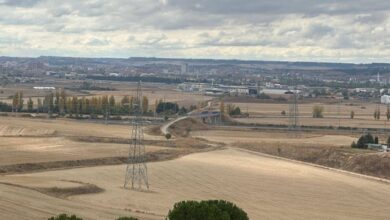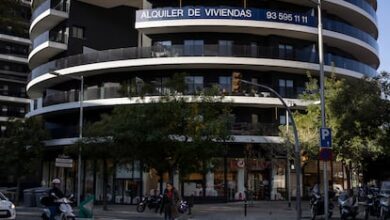
Sharp rise in illegal home occupations in 2024
In 2024, Spain has seen a significant increase in illegal entry and occupation of residential properties. According to the Ministry of the Interior, the number of such offenses has risen by 7.14% compared to the previous year. Experts attribute this to a lack of affordable housing and existing legal loopholes, which they believe do not provide property owners with adequate protection. As a result, homeowners often face lengthy and costly procedures to reclaim their houses and apartments.
The three main types of property occupation: key distinctions
Lawyers identify three main forms of illegal occupation: intrusion into primary residences, squatting in vacant properties, and cases where tenants never intended to pay rent. The first type infringes on people’s rights to privacy and home security, as it concerns their permanent home. The second involves empty apartments or non-residential buildings with no occupants. The third, known as ‘inquil-okupación,’ refers to tenants who, from the outset, had no intention of fulfilling their rental agreements, stopping all payments immediately after moving in.
Legal remedies and actions for property owners
In the event of illegal entry into a primary residence, it is recommended to contact the police immediately. If a violation is confirmed, law enforcement officers can detain the intruder on the spot. When vacant properties are taken over, the process of reclaiming ownership is often prolonged, especially if no force or threats were involved. Since April, a new law has been in effect that allows for expedited eviction within 15 days; however, this measure only applies to cases involving violence or intrusion into a primary residence. In cases of peaceful occupation of empty apartments, the procedure remains complicated and lengthy.
Impact on neighbors and property management companies
Illegal occupants often fail to pay utility bills and fees, creating financial difficulties for the entire building. In addition, the overall condition of the property deteriorates, and neighbors face extra costs. It is important to note that shutting off water or electricity without a court order may be considered coercion and could lead to criminal liability for the property owner.
Shifting public perception and the search for solutions
In recent years, Spanish society has become less tolerant of such issues. This shift is also evident in court rulings, which increasingly side with property owners. Nevertheless, the problem persists, and many owners are forced to turn to specialized firms to resolve disputes and reclaim their homes. Experts believe that further tightening of legislation and better protection mechanisms for owners’ rights could improve the situation in the coming years.












